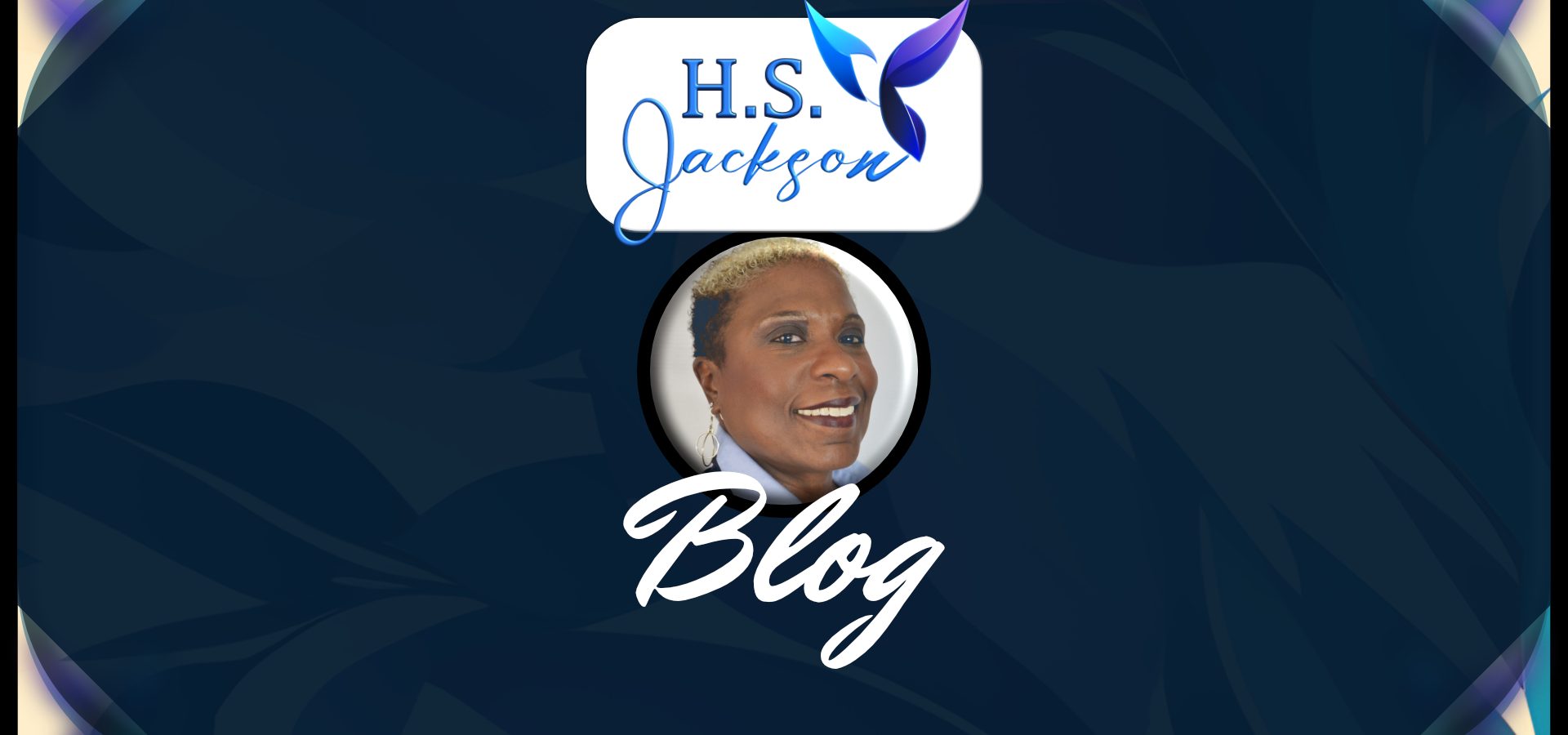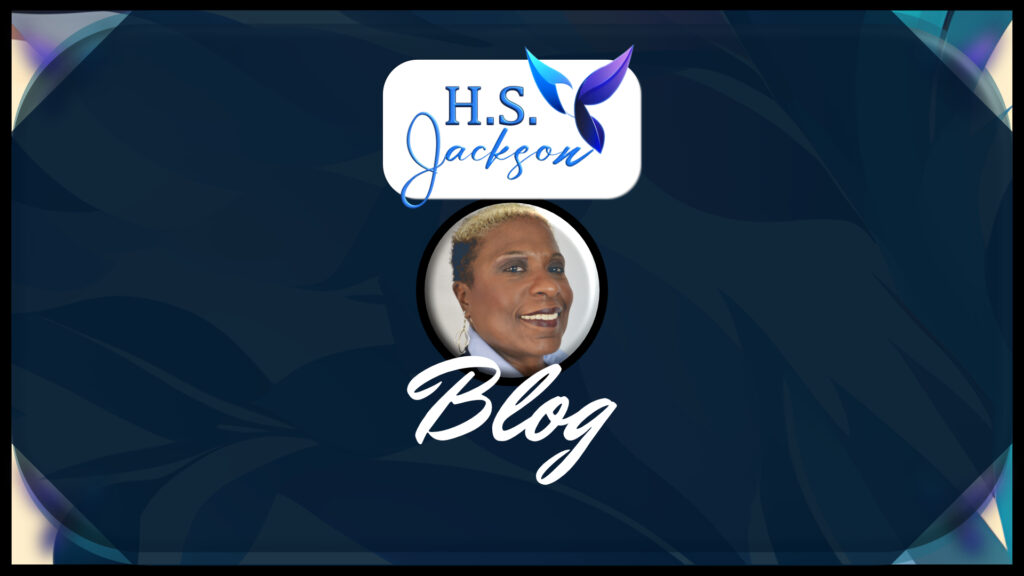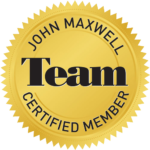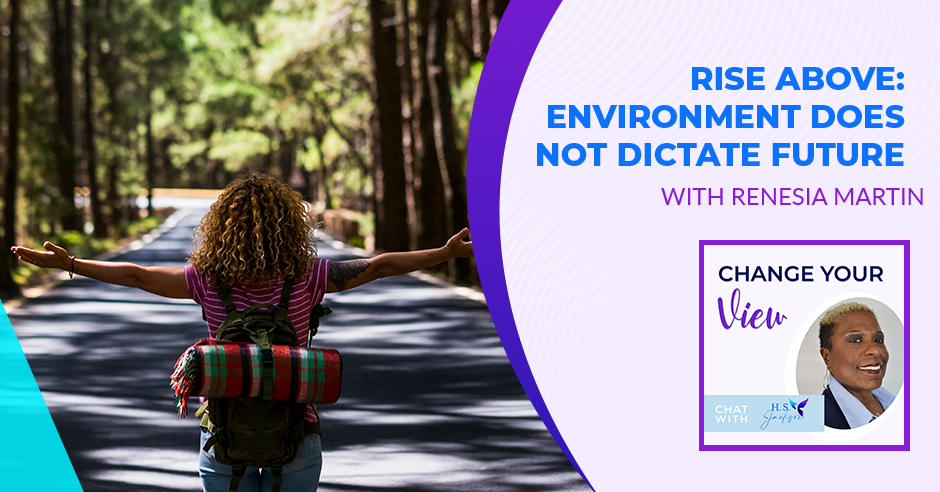
The future is a book of endless possibilities, with the promise of unwritten chapters waiting to be explored and shaped by our actions today. Business leader, speaker, and author Renesia Martin joins us today to show us that our environment does not dictate the future. She shares what she went through and how she kept going to be where she is today. Truly, Renesia is living proof that we should not let our environment be our story. We write our own story. Tune in for an insightful discussion on not allowing our past to dictate the future and being the change that we seek.
—
Watch the episode here
Listen to the podcast here
Rise Above: Environment Does Not Dictate Future With Renesia Martin
Renesia, I’m so glad to have you here with me. We keep going back and forth with each other. Go ahead.
It’s great to see you. I’m glad to be here.
Thank you for coming on for another episode. I have known you for such a long time. We are sisters. Not blood sisters but I can say we are almost like blood sisters. We won’t digress on that. What I want to talk about so much is that when I first met you, I will never forget that we were in college together. We had a kindred spirit. You were on a mission to change your environment and become the person that you were created to be.
I remember that drive in you and it was there. I would say, “Let’s go do this, Nesi.” You go, “No, I’m going to study and no, I’m going to do this.” Our segment is about not allowing our past to dictate the future and also being the change that you seek. Barack Obama says it best. “You be the change that you seek and not wait for somebody else to show up.” Speak to that for a minute, Nesi. Tell me a little bit because you have that drive in you that you want to be that change.
That change or drive came from adverse circumstances, which was fuel for me. When I say adverse circumstances, I grew up in an environment where my dad was a domestic violence abuser. He nearly killed my mom when I was about five years old. I was there present. My brother and I called the family to come over and help us. It went from there to drug use as far as what was taking place in my environment. It was fuel, wanting something better, seeing better, and moving towards better.
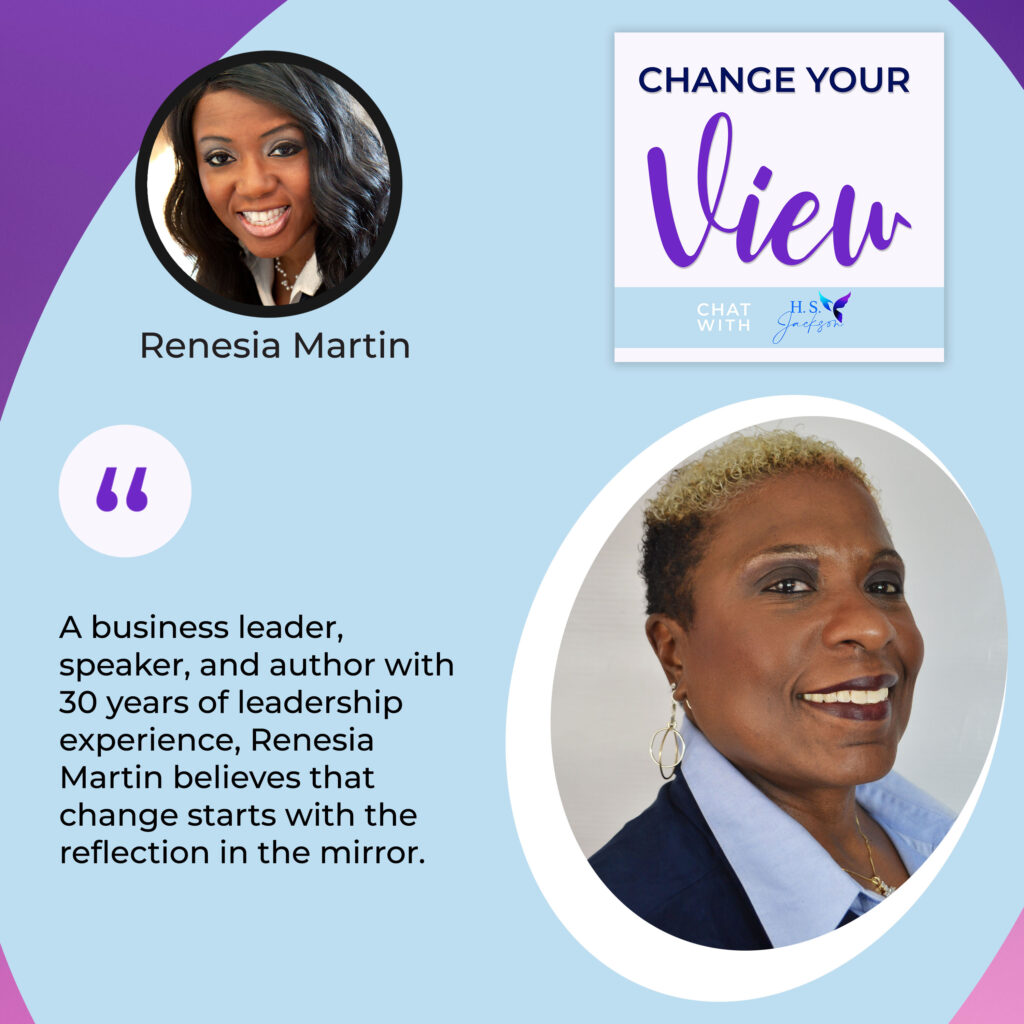
The Seed Of Faith
You nearly saw your mom killed in front of you. Your dad was a drug addict and being in a household with drugs. How did you see it differently? Your physical site showed you that these limits were there but it seems like you had that spiritual site that told you “I can be better than this.” How did you realize that?
The major factor was faith. My grandmother was a Pentecostal pastor. My dad was a PK but like some PKs, they can be the greatest rebels. However, my grandmother and mother planted the seed of faith at a young age. While my father was showing me the bad side of life, my mother and my mother’s side of the family showed me a better life but they both have one common thread. My dad wasn’t educated at all. He only went as far as the sixth grade. He could barely read and write.
He always emphasized education and so did my mother. That was a key. The two keys were faith and education that were planted, that seed, to do the right thing. I grew up in a time when you got a punishment for lying. Even with my father, it wasn’t like, “Do as I do.” It was, “Do as I say.” That was a great foundation as well. They had good principles about honesty and integrity.
However, with some of the dynamics that my father chose to cope with some of his issues and mental illness, it wasn’t the right thing. He gave me a blueprint of what not to do because I could see in his life and story what I didn’t want to be. I knew from an early age that I was not going to be a drinker. I never indulged in drinking alcohol or anything of that nature because I saw the end of it. I saw what my father had become.
Education Is The Key
It’s amazing that at that young age, you already had it set up in your mind. You had that resilience and tenacity to know, “I don’t have to stay here.” Let me ask you. You’re a young child and you’re growing up. How did you develop that plan? What steps did you take? I know there were some setbacks so tell me, what did you come up with first? How did you keep going? Did you say, “The first thing I’m going to do is this? The second thing I’m going to do is this.” How did you set up that map for yourself to keep moving forward?
The map was education so studying and doing the right thing. In my father’s example, he did a lot of the wrong things. I saw the dividends and on the other side, people who did the right thing in their life and pathways. I set my path to, “I want to do things the right way, not the wrong way.” That kept me focused. I knew education was a key because that’s what was preached to me, both by my father and my mother. “You got to get an education.” I focused on education.
It’s amazing what you say there is that your father, even though he didn’t have past a sixth-grade education, always knew that education was the key. He didn’t have the strength to pursue that but he instilled in you the value of how important it was to have an education. You listen to him because the other thing is you had to listen and take heed. A lot of times, we don’t listen. We think, “Look at you. You’re doing okay. I could live like you live. I’ll settle for whatever life gives me.” Instead, you decided to write your story.
I was always a person who was high in empathy. I saw the pain and the suffering that my dad went through. It made me not so much him because I had a lot of empathy for him but despised the way that he was moving and living. It was a fuel to say, “Don’t go down that path. Don’t get involved in that.” I can remember when I was in elementary school, I would read a lot. Even though my dad couldn’t read that well, he would order a lot of magazines and things like that.
I would read different magazines. One magazine I read talked about how addiction can be passed on and with alcoholism, there’s a possibility that maybe there’s a DNA or some type of connection for the addiction cycle. That’s why it’s so generational. Usually, it goes through multiple generations. For example, I even look at my dad’s side of the family. Pretty much his whole side of the family had some type of addiction working in their life with the exception of my grandmother. His siblings were from drugs to alcohol and excessive eating.
I saw that pattern. I read that when I was young. I had an educational course when I was in junior high school. They did an educational course on addiction. That was one of the best things that could have ever happened. In this magazine, it said how you could have that pattern. I read that and I believed it because I could see what my dad’s side of the family was going through.
With your background, you didn’t come from a home that had unlimited resources in terms of money. You had this task of education. How did you tackle pursuing your education knowing that your resources were limited?
My plan was to get a scholarship. My dad, at one point, worked but on a good portion, we were on welfare. My mother was struggling financially. I came from a lot of poverty. I knew that my parents wouldn’t have the resources to pay for my education. I thought athletics was something I could excel at. Most people thought I was a tomboy growing up. I was an athlete. I love sports. It was a great way to escape my environment and also exposed me to different things. Playing sports and traveling with sports also gave me a visual of what’s out there.
Not everyone is coming home and one of their parents is using drugs. Not everyone is growing up the way that I was growing up. I was able to see something different. That exposure gave me an image of, “That’s what I want.” To get there, I have to pay the price of dedication, commitment, and pursuing better. That is out there but I have to pursue it. It goes back to the faith piece. The easy way out is to succumb to whatever your environment is. It takes faith and work to push out.
Let’s go back to the vision. You had a vision that you saw for yourself as you were in this environment. You kept taking those steps to achieve that vision. Looking at the pictures and seeing other people helped you cultivate that vision that you saw yourself where you are now. The first step was to go to college and receive your degree. How did you keep going and making that progress? You had some changes in diversity and things happen. You left behind your father and mom. How was that? You left that environment to move forward, leaving behind what you know your mother was going through.
I had some great influencers in my life, some friends, coaches, and mentors who helped me along the way. I even think about one of my high school teachers, Mr. Nensala. He could tell that I was not coming from the best home but he saw a lot of potential in me. I can remember when I was in high school, we had a youth ambassador program and an exchange program with Israel.
Our high school would send one student each year to this internship or program to travel to Israel. It would end up being a host of students, about 40 to 50 students, from across the United States that would exchange with Israel. I was on the student council. I worked hard to plug into anything positive. I was selected for that opportunity. I was then exposed to international travel and connecting with people from other cultures and backgrounds. The mentors were helpful in that aspect.
To go back to your question, how did I feel about leaving them behind? That wasn’t my heart’s desire. Family is very important to me but I knew I needed to get far enough ahead that then one day, I could maybe help, go back, and bring them along. I didn’t have enough to bring them to carry them forward. I had to build up enough so that I could go back and reach back.
Reaching Back To Help
Your vision was not only for yourself but also for your family to help bring them along and show them that they could do better, be better, and give them a better life. We’re going to put a pin in that because let’s fast forward. You went to college and you had your mentors. What was your next step after that? Your mom and dad saw you and were proud of you. Were you able to turn your dad around at some point from his drinking? Tell me that.
Yes. Once I graduated from college, I moved back to where I grew up, which was Minneapolis. My dad was still on the scene from a drug addiction standpoint. When I say he was in the scene, by the time I graduated from college, he was homeless and living on the streets. I would go and get him from time to time, bring him to my little apartment, and get him cleaned up. He’d go to church. It was in the winter in Minneapolis. Minnesota winters are brutal.
It’s 30 to 40 below out there. He wasn’t going to make me on the streets like that.
He finally said, “Can I come and live with you?” I had tried having them live with me once before and he just went back. I said, “You can’t come live with me but I will take you to a treatment program. You need treatment. I can’t help you. You’ve got to deal with this addiction.” That’s what he did. He went into the treatment program but in his mind, he wasn’t going to stay in the treatment program. He was sending me hate mail because I wouldn’t let him come live with me.
However, for 30 days, they would not let him talk or do anything with the outside world. He started the classes for addiction. He had multiple addictions, drugs, alcohol, as well as what’s considered a sexual addiction. He stayed in that program and the blinders fell off his eyes in those 30 days. He went from hating me for sending him there to, “I’m so glad. I didn’t know what I was doing.” I remember when I went to see him after he had been there for 30 days, he couldn’t stop crying.
That’s such an amazing story. One thing that comes to my mind though that we didn’t touch upon is you saw your father abusing your mom and you didn’t have hate in your heart for him, where you left him behind. You forgave him. That’s something that I want to touch upon. We see so much pain that people do to us but you chose not to embrace that bitterness and anger. Instead, you still loved him and wanted to help him. How did you reach that point though to reach back and help him like that, knowing what you had seen?
As children, we always love our parents. No matter how bad they are, there’s always a seed of love for them because they’re our parents. With my dad, I could see that he had a good side and that’s one of the things that people may miss sometimes with addiction and addicts. We’re learning more and more. With these people who have addictions, it is a mental illness. They’re not that person all the time. Like anyone else, they have gifts and things that God has given to them as well.
These people who have addictions have a mental illness. They’re not that person all the time. Just like anyone else, they have gifts and things that God has given to them as well. Share on XI could see that my dad was hurting. Joyce Meyers always says, “Hurting people hurt people.” My dad was hurting. He was that lion who had that thorn in his paw and was so tormented that he would attack other people. I’m not making excuses for him. You could choose to do right or wrong. Once he was able to see the error of his ways, he was able to make that change.
Something you spoke about is how did I not have hate. I did have a seed of resentment and hate in my heart for my father. I didn’t realize it until I ended up going to therapy. While I was doing well and graduated from college, I thought I could escape the demons of my past by doing the right thing and keep doing the right thing. Truly, I had so many adverse childhood experiences that had gone unaddressed so they started showing up in my relationship. The men that I would end up in a relationship with had traits similar to my father’s. Not all his good traits but the bad traits. That’s how I ended up in the cycle.
I stayed in the cycle of abuse and all pretty much. All of my relationships, with the exception of one, had some form or element of abuse in them. It didn’t have the same severity that I grew up in so I didn’t see it and I had never dealt with my issues and the trauma from my childhood. With that, I was in therapy. When I started getting to some of the cores of how I kept staying in these bad situations, I had a seed of resentment towards my dad. It seeped out one day when I was talking to him. I was having a great conversation with him but inside my heart, I hate him.
Did you say that to him too?
No, I never said that but I heard it. It was a small voice inside my heart. It wasn’t an audio voice. It was this feeling. It was amplified.
You thought it was a loud voice that said, “I hate him.” You looked around the room like, “Was somebody else in here with me?”
That was the way it felt. I was in therapy at that time so I was more in tune with not just my outer voice but what was in my heart. I then knew that there was a seed there that I needed to deal with. It was a part of the thing that hindered me.
I want to go back to what you said because I wanted to touch on that forgiveness where after your dad had been in that program for 30 days, at first, he was angry at you but he had an epiphany where the same goals, a person that’s an addict will not get better until they’re ready to get better. You forced him into that facility. He was at first resentful and not cooperative but as time turned around, he saw that this was for his good. I love what you said. He cried. Go back to that story. I wanted to talk about how you forgave him enough to help him. That’s what’s so important that you forgave to help.
When I went to see him, he even told me, “I was planning on after this 30 days, I was going to come out and recap it for everybody. I was so mad. I can’t even believe that I was thinking that way.” That’s what was breaking him. I said, “What made you switch? What made the change?” He said, “I don’t know why but I was thinking what I was doing was only affecting me. I was doing drugs and alcohol. It was only affecting me. In this program, I saw how it was affecting the whole family. That’s what I can’t take.” It’s making me emotional.
I’m sure that was so powerful because all those years, you had to deal with it affecting you. He never saw how it affected you because he was only focused on what he wanted and not the bigger picture. For him to have that epiphany where the scales came off and he says, “Look at all the damage I’ve done,” it’s like that hurricane neck or the tornado that comes through, weaves, and makes all those ridges in the ground. You turn around, look back, and go, “Did that really happen?” I’m sure that’s what he did to himself.
At sixteen years old, I played basketball and ran track. I was all-conference in basketball. We were city champions. I was in the newspapers but I was going home to an environment where my dad was using crack to be very specific. I can remember one time praying, “God, take my dad away out of this misery because I couldn’t see him ever getting better.” Thank God that He had another plan.
Progressions From College
You ran track, got an athletic scholarship, and graduated. You had this vision where you were determined to not let your environment dictate your story. Once you graduated, what did you do? You kept going in your pursuit of where you are, which we are going to let people know where you are, how you’re doing such a wonderful job with your life, and how you become successful. You have joy, fulfillment, and peace. Keep going with the story of progression from college.
After I graduated from college, I worked at a couple of different companies and then I was hired by State Farm in 1994 at an entry-level position or what we call a professional-level position. My leaders recognized my talent and that I had leadership potential. After being with the company for about ten months, I was selected as a Supervisor. From there, it progressed.
It’s all from where you started not having anything to you are self-sufficient. You’re able to reach back and help those in your family. You’re an author as well because you wrote and gave some of your story. Tell me a little bit about that. How did that come about? I’m sure that had to be very instrumental in your healing and recovery as well.
The book is Don’t Hit My Mama. After going through and gaining so much healing myself, I wanted to write a book to encourage others and let them know, “You can make it. Your start does not have to be your finish. You can take the limits off yourself by pursuing your goals, pursuing your dreams, and aligning with them.” That was my heart’s desire.
You can make it. Your start does not have to be your finish. You can take the limits off yourself by pursuing your goals and dreams and aligning with them. Share on XIt was a situation where I wanted to write a motivational book but I was awakened one night and in that, I had this download. I see it as God was speaking to me. It was like I was having a conversation and He said, “I want you to write a book.” I was saying, “I’m already writing a book. I had already started a book.” He said, “It’s on domestic violence.” I broke and cried. I thought, “I don’t want to write that book.”
I felt like the Lord was speaking to me and said, “There’s nothing out there. Your life has prepared you. This is what I want you to do.” It was like I could hear kids saying, “We need you to be our voice and tell our story.” What I would later on learn as I did research is there wasn’t anything out there written from a child’s perspective. The book is a memoir of my childhood experience. I talk about that night when my father beat my mother and hung her upside down. He was trying to kill her. I talk about that.
One of the things I will come to learn is that 90% of parents who are in a domestic violence situation do not think their kids know what is going on. In contrast, 90% of kids in those domestic violence homes can repeat verbatim what happened, sometimes better than what the parents can share the story. I could then understand and see why God was saying, “I want you to write this book.” I’d also come to learn that it’s millions of children that suffer from domestic violence. UNICEF calls it one of the greatest human rights violations in the world with over 275 million children growing up in those types of homes.
I can relate to that because as a kid, my mother and father had abusive fights as well. I witnessed it. It was always one that stuck in my mind. The police would come to our house periodically too because the neighbors would call. There would be a lot of noise. I remember one night it stuck into my head because I was a kid and I would watch them going at each other. My sisters and brothers were there too.
This one night, I was standing there. I couldn’t take it anymore. I started crying. I remember my sister putting her hand over my mouth to be quiet because she was like, “He’s going to come get you next if you don’t get quiet.” My father was a drinker and so was my mom. That was the catalyst for some of the reasons why they fought but there were some other things that I didn’t understand at the time either. They were able to overcome it but their relationship was never the same.
I can relate to being in a household of abuse and watching. That’s why in some ways, we connected when we were in college because we were kindred spirits. We talked about some things like this. The point about abuse is you don’t have to settle for that in your life. It came from you don’t have to allow that to dictate who you can become and don’t let it stop you.
Staying Positive
I love the fact that you had that vision. You had some mentors. You had your grandmother and other people surrounding you that said you could be better than this. You believed in that, even though you left your home and went compete. You had to come back into a household that was not the best environment for you. What did you do to stay positive in that kind of environment? How did you keep yourself motivated?
One of the things was faith and belief in God. I considered my room my sanctuary. I couldn’t control what was going on in the rest of the house but I could control what was going on in my room. I created my room. I had a safe space in my room. I could have my positive messages I could read. Reading was so pivotal for me just like sports were an escape.
School wasn’t an escape because that was a sense of normalcy and that environment. Reading also was a place of escape because I could explore. In my imagination, it was like I was traveling and doing this. I was the character in the book. I choose positive books. I could go to the library. Those types of things were sanctuaries for me.
I can relate to that. I was a reader too and a writer. You have to find those things that fuel your mind and not allow the negative stuff to fuel your mind instead. You went into reading to help you create that vision for yourself that you painted. You kept your eye on that prize to know, “I can have these things too.” What I want everybody to get out of this is that everyone can have what they put their mind to if they believe and have that faith.
Keep moving forward. No matter what happens, hope will come. If you put that energy out in the world. God will come to you, whether it be through a job enrichment program. I remember I was involved in a job enrichment program that taught me a lot of skills. What you put out in the world and universe will come back to you. That could be positive or negative. I believe that. Put those prayers up to God. I didn’t feel comfortable in that environment. I didn’t like any of it and I want it better.
Keep moving forward, no matter what happens. Hope will come if you put that energy out in the world. God will come to you. Share on XEach day, you have to keep putting your foot forward, even though you have to keep going back to that place or environment that you know you didn’t like. However, you knew that you were not going to stay in there and that was not permanent. It was only temporary. That’s what we have to keep in mind. This is a temporary condition. “It’s only permanent if I allow it to be permanent. I can make it through this trial or challenge because I know that better is on the other side.”
I love what your father said to you and what you said. Even though he was an addict and alcoholic, that didn’t change that he had a gift. We all have to remember that. You still have a gift that you are to use. It’s how you use that gift is the key. It’s either you squander it and don’t do anything with it or you use it to become better and make a difference. That’s your choice.
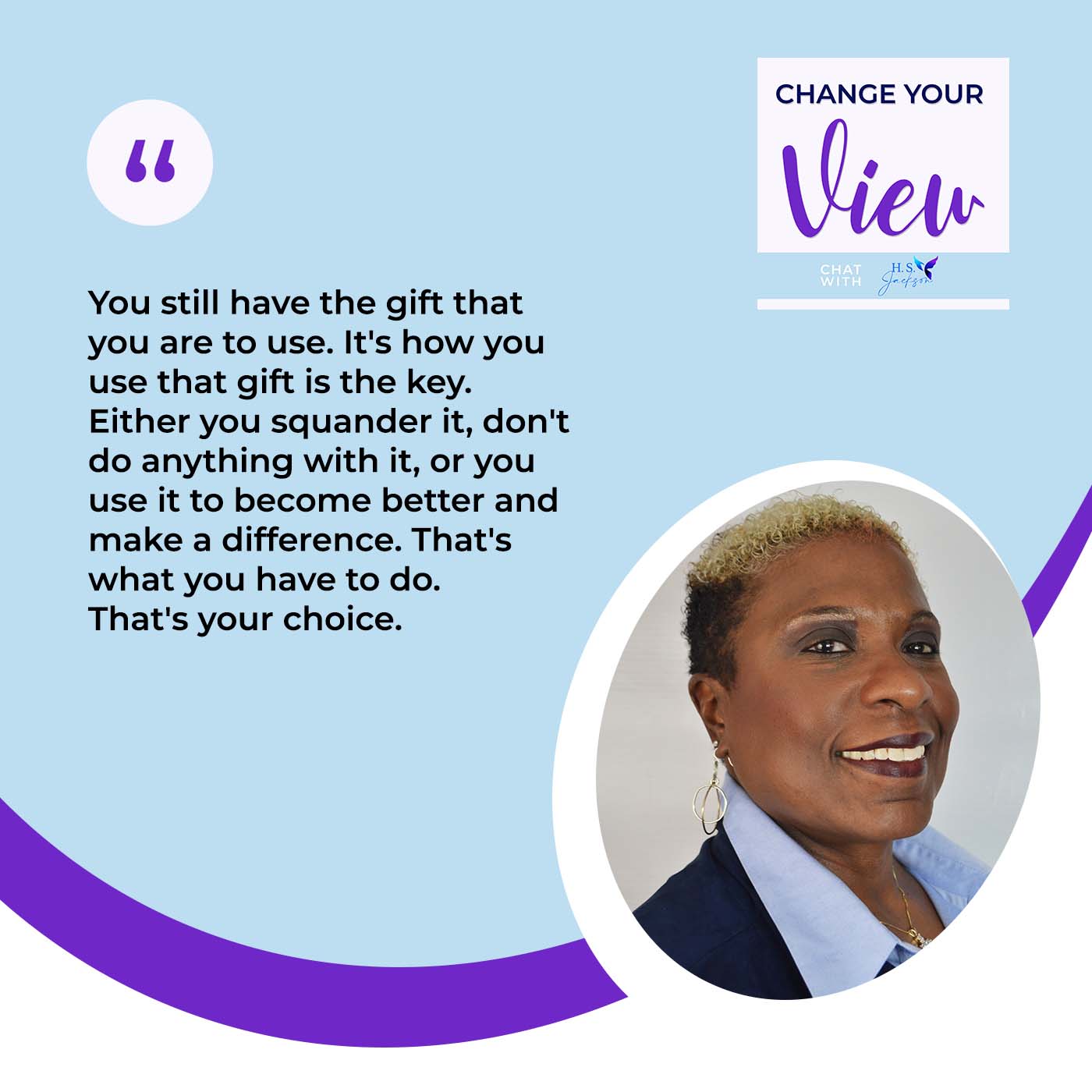
My dad never went back to drugs. In 1994 until he passed in 2017, he didn’t go back to addiction. He planned to go out and recap it. Remember that in those 30 days, he was broken. From there, he continued in that treatment program. They had set it up so that you could stay in the program. He stayed in it for a couple of years. It was with The Salvation Army. Shout-out to The Salvation Army and what they do in the Twelve-Step program. It saved his life and our family in a lot of ways.
I thank you for sharing your story. We only get glimpses of it in our talk because there’s so much to unpack. We touched upon the major highlights. The whole thing is believing in who you are and what you can become, taking the limits off what your environment tries to place on you, and not allowing that to become your reality.
Be the author of your story. You can be the author of your story. Your past does not dictate your future. You could utilize it as the fuel to propel you to your future.
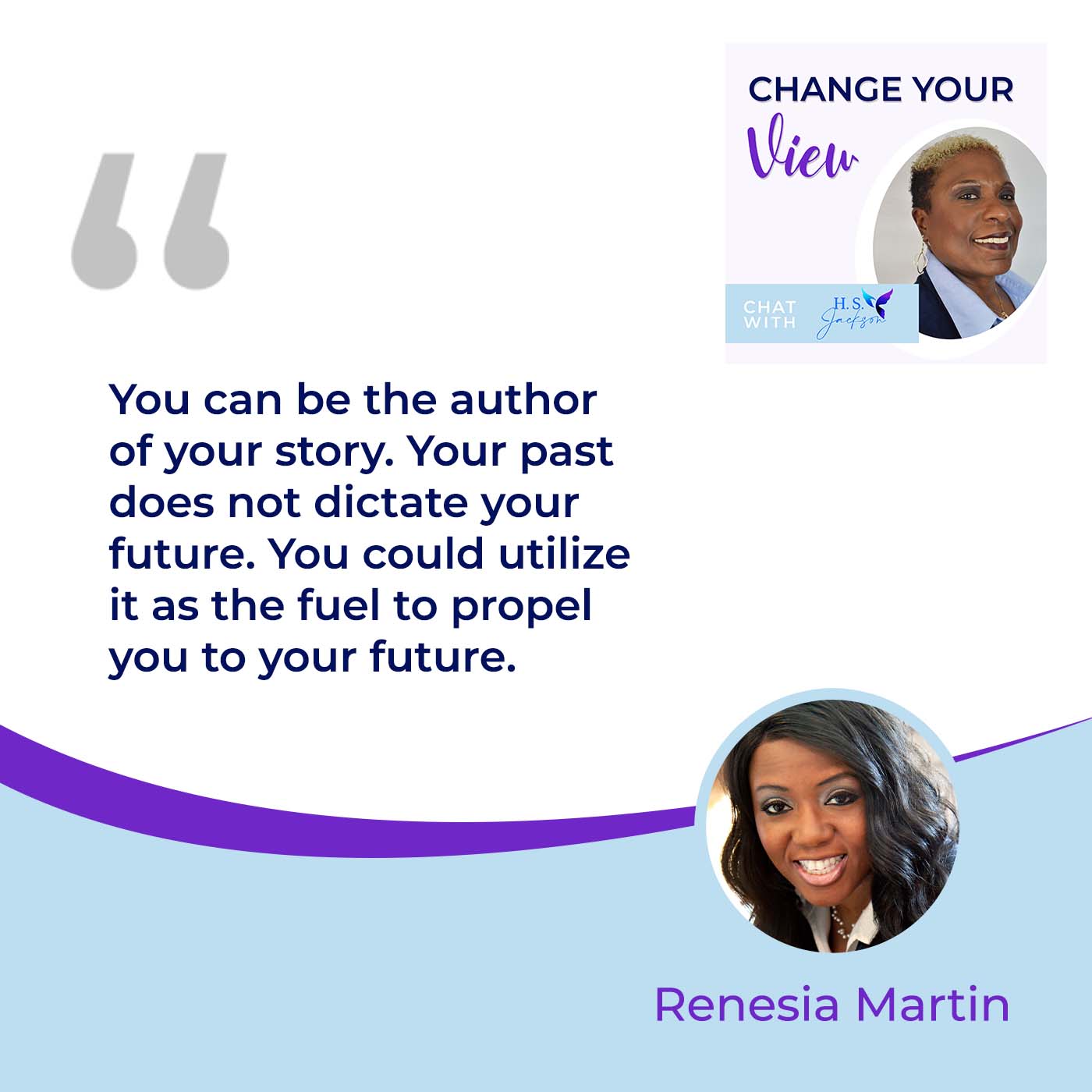
You gave a couple of good tidbits I want to summarize before we leave. 1) Have that vision. 2) The people that you surround yourself with are so vital to you. 3) What you fed your mind and then having that tenacity and resilience to bounce forward. Resilience is bouncing forward, not back, to continue making that progress in your life. I thank you for sharing that. Is there a final thought you want to leave with the audience?
The final thought is don’t give up on your family. Sometimes, you have to love people from afar until they’re ready to make that change but don’t give up on them. There’s hope. One of the things with my father is even though he was in the situation he was in, how he was moving, and when he was in the cycle of addiction, I always treated him with love and respect. He held on to that. That meant a lot to him. Even though he was in the place he was in, he wasn’t treated differently. He was still my father. I still treated him with love and respect.
Don't give up on your family. Sometimes, you have to love people from afar until they're ready to make that change but don't give up on them. There's hope. Share on XIf somebody wants to get a copy of your book, where can they get a copy?
Don’t Hit My Mama is available on Amazon, eBook, as well as print and audio. I do the audio for it.
Thank you, Nesi, for being with me here. I love you. We have been sisters for many years. We will always be here for each other.
I love you so much.
Until next time for the next episode. Stay tuned. We’ll have more exciting guests like Nesi here.
Important Links
About Renesia Martin
 Renesia Martin is a business leader, speaker and author. She has more than 30 years of leadership experience in the financial sector for a Fortune 50 company. Renesia graduated from Creighton University in Omaha, Nebraska.
Renesia Martin is a business leader, speaker and author. She has more than 30 years of leadership experience in the financial sector for a Fortune 50 company. Renesia graduated from Creighton University in Omaha, Nebraska.
Giving back to the community and helping others to become their best self is important to Renesia. She volunteers and works for numerous nonprofit organizations. Currently, she serves as a Board Member on the Board of Directors for The Baby Fold.
Renesia encourages others to understand and know that change starts with the reflection in the mirror.
